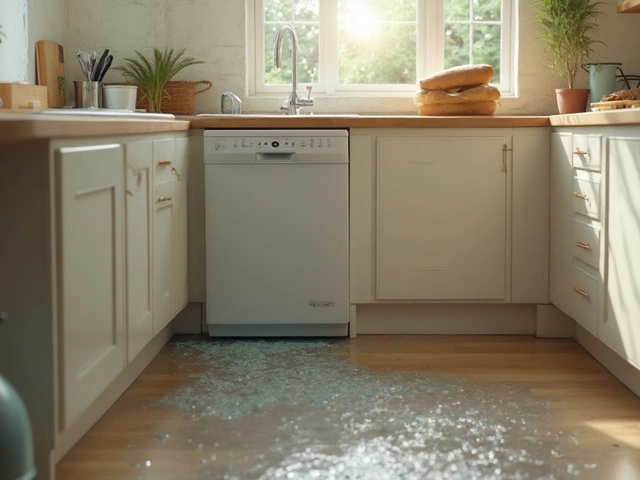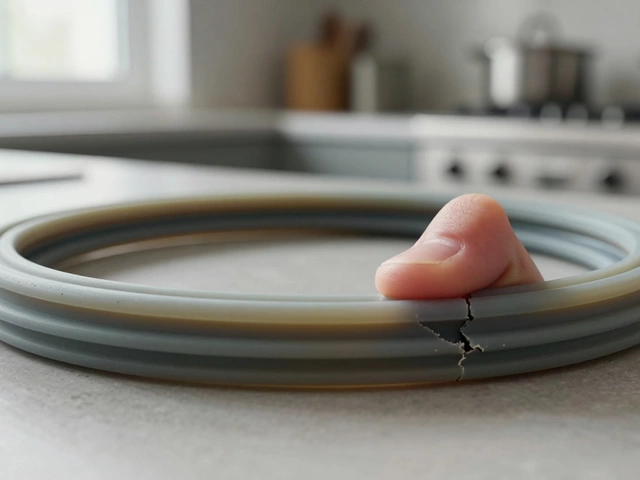Ever wonder why your heat pump feels sluggish or your air conditioner takes forever to cool? Most of the time it’s not a big repair – it’s just a lack of routine care. A few minutes each month can stop small problems from turning into costly breakdowns.
First off, a clean system runs more efficiently. When filters, coils, and fans are free of dust, the motor doesn’t have to work as hard. That means lower electricity bills and a longer lifespan for your equipment. For heat pumps, regular checks keep the refrigerant flow steady, preventing the unit from freezing up in cold weather.
Second, safety improves. A clogged vent can cause overheating, while a leaking water heater may lead to corrosion or water damage. Spotting issues early saves you from emergency calls and potential hazards.
Finally, performance stays consistent. If you notice uneven heating across rooms, it’s often a sign that the blower or fan needs cleaning. Keeping everything balanced means every corner of your home feels just right.
Here are three easy steps you can do without any special tools:
1. Swap or clean filters monthly. A dirty filter blocks airflow, making the system work harder. Grab a new disposable filter or rinse a reusable one, let it dry, and pop it back in.
2. Inspect outdoor units. Remove debris, leaves, or cobwebs around the heat pump or AC. Gently spray the coils with a garden hose (no pressure washer) to clear grime. Make sure the spacing around the unit is at least two feet.
3. Test thermostats. Set the thermostat a few degrees higher or lower and watch if the system responds within a few minutes. If it hesitates or never turns on, the sensor or wiring might need professional attention.
If any of these checks reveal strange noises, water leaks, or the unit still won’t heat or cool, it’s time to call a qualified technician. For heat pumps, watch for a drop in temperature output or the indoor fan blowing cold air in winter – those are signs of refrigerant loss or motor wear.
Also, don’t forget your water heater and extractor fans. Flushing a water heater once a year prevents scale buildup, and swapping out a failing fan blade keeps kitchen air fresh. These small chores add up to a healthier home environment.
Bottom line: a little routine maintenance keeps your HVAC system reliable, saves money, and avoids stressful breakdowns. Set a calendar reminder, grab a filter, and you’ll notice the difference in comfort within weeks.

Discover what causes heat pumps to break down, the warning signs, and how to keep yours running smoothly with practical tips for any homeowner.

Dishwashers are a staple in modern kitchens, but they often face common issues. So, what's the most frequent problem users encounter? This article dives into typical faults like drainage issues and proposes practical solutions. Understand why your dishwasher might not clean effectively and learn simple DIY fixes to keep it in top shape. By addressing these issues, you'll ensure your dishwasher runs smoothly for years to come.

Navigating the world of cooker repair can seem daunting, but armed with the right knowledge, it becomes manageable. This article explores common issues faced by cookers, signs that suggest whether repair is possible, and steps on how to approach fixing these vital kitchen appliances. By identifying whether a do-it-yourself fix is feasible or when to call in a professional, you can make informed decisions about your cooker. Learn about maintenance tips to prolong the life of your cooker and keep it working efficiently.

Curious if you can fix your boiler yourself? This detailed guide covers common boiler problems, easy repairs you can tackle, and when to leave it to the pros.

Thinking about how long your boiler will keep working? This article explains the real lifespan of boilers, the factors that affect how long they last, and how to spot when yours might be on its last legs. You'll get practical tips for stretching out your boiler's life and advice about when it's smarter to repair or just replace. Stay warm and avoid surprise breakdowns with these straightforward facts.

The most common pressure cooker problems are leaking steam, bad seals, clogged valves, and lid issues. Learn how to diagnose and fix them yourself before replacing your cooker.